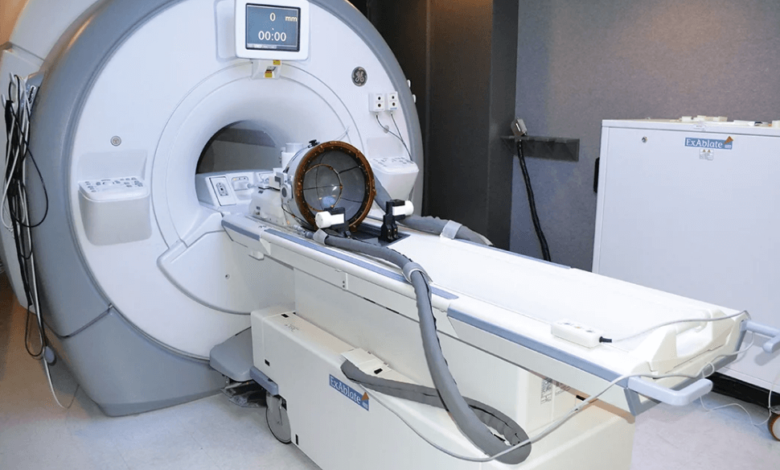Exploring the Power of High Intensity Focused Ultrasound

In recent years, medical technology has made astounding strides in the quest for non-invasive treatments. One such breakthrough is High Intensity Focused Ultrasound (HIFU). This cutting-edge technology is revolutionizing healthcare by offering myriad therapeutic possibilities, all without the need for surgical incisions or invasive procedures. In this article, we will delve into the world of HIFU, its applications, benefits, and the promising future it holds.
Understanding High Intensity Focused Ultrasound (HIFU)
What is HIFU?
High Intensity Focused Ultrasound, abbreviated as HIFU, is a medical procedure that employs focused ultrasound waves to precisely target and treat specific tissues within the body. Unlike traditional surgical methods, HIFU is non-invasive, making it an attractive option for patients seeking minimally disruptive therapies.
How Does HIFU Work?
HIFU technology involves the use of high-frequency ultrasound waves. These waves are concentrated and focused on a specific target area in the body. The energy from these waves generates heat, effectively destroying or ablating the targeted tissue.
The Versatile Applications of HIFU
Treating Prostate Cancer
One of the most notable applications of HIFU is in the treatment of prostate cancer. HIFU offers a precise and targeted approach to eliminating cancerous tissue within the prostate, reducing the treatments like surgery or radiation therapy.
Alleviating Pain with HIFU
HIFU has also shown promise in pain management. It can be used to target nerves responsible for chronic pain conditions, providing relief without the need for drugs or invasive procedures.
Aesthetic Treatments
In the realm of aesthetics, HIFU is used for non-surgical facelifts. By stimulating collagen production, it tightens and rejuvenates the skin, offering a more youthful appearance.
Advantages of HIFU
Non-Invasive Nature
The absence of surgical incisions means shorter recovery times, reduced risk of infection, and minimal scarring.
Precision
HIFU’s ability to focus on specific areas with pinpoint accuracy minimizes damage to surrounding healthy tissue.
Minimal Discomfort
Patients often experience less pain and discomfort compared to traditional surgeries.
Shorter Hospital Stays
In many cases, HIFU procedures are performed on an outpatient basis, eliminating the need for extended hospital stays.
The Future of HIFU
The future of HIFU is exceedingly promising. Researchers are exploring new applications, including its potential in treating neurological disorders and various forms of cancer. With ongoing advancements in technology, HIFU is poised to become an even more integral part of modern medicine. Read more…
Conclusion
High Intensity Focused Ultrasound is a game-changer in the world of healthcare. Its non-invasive nature, precision, and versatility make it a preferred choice for various medical treatments. HIFU to play an increasingly significant role in improving the lives of patients worldwide.
FAQs
1. Is HIFU painful?
HIFU is generally well-tolerated by patients, and any discomfort experienced is minimal compared to traditional surgery.
2. Are there any side effects of HIFU?
Side effects are usually mild and temporary, including mild swelling or bruising at the treatment site.
3. How long does a typical HIFU procedure take?
The duration of a HIFU procedure varies depending on the target area, but it typically ranges from 1 to 3 hours.
4. Can HIFU replace traditional surgery in all cases?
While HIFU is a remarkable technology, it may not be suitable for all medical conditions. Consult a healthcare professional to determine the best treatment option for your case.
5. Is HIFU covered by insurance?
Insurance coverage for HIFU treatments can vary, so it’s essential to check with your insurance provider to understand your coverage options.




